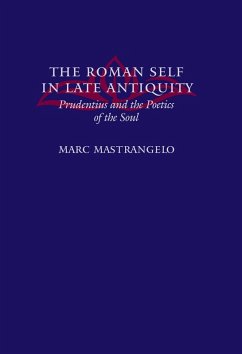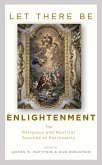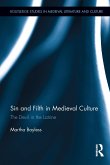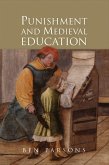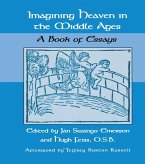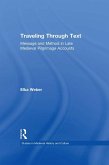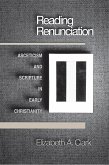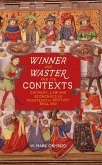The Roman Self in Late Antiquity for the first time situates Prudentius within a broad intellectual, political, and literary context of fourth-century Rome. As Marc Mastrangelo convincingly demonstrates, the late-fourth-century poet drew on both pagan and Christian intellectual traditions-especially Platonism, Vergilian epic poetics, and biblical exegesis-to define a new vision of the self for the newly Christian Roman Empire. Mastrangelo proposes an original theory of Prudentius's allegorical poetry and establishes Prudentius as a successor to Vergil. Employing recent approaches to typology and biblical exegesis as well as the most current theories of allusion and intertextuality in Latin poetry, he interprets the meaning and influence of Prudentius's work and positions the poet as a vital author for the transmission of the classical tradition to the early modern period. This provocative study challenges the view that poetry in the fourth century played a subordinate role to patristic prose in forging Christian Roman identity. It seeks to restore poetry to its rightful place as a crucial source for interpreting the rich cultural and intellectual life of the era.
Dieser Download kann aus rechtlichen Gründen nur mit Rechnungsadresse in A, B, BG, CY, CZ, D, DK, EW, E, FIN, F, GR, HR, H, IRL, I, LT, L, LR, M, NL, PL, P, R, S, SLO, SK ausgeliefert werden.

